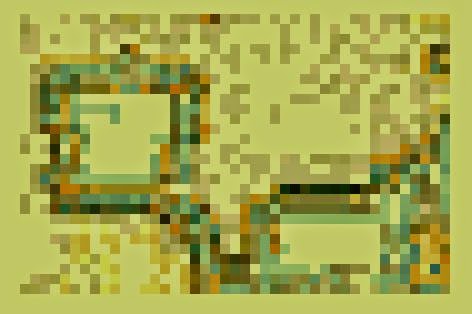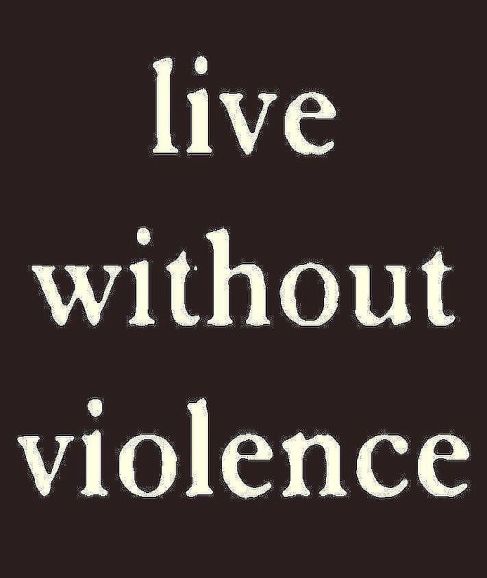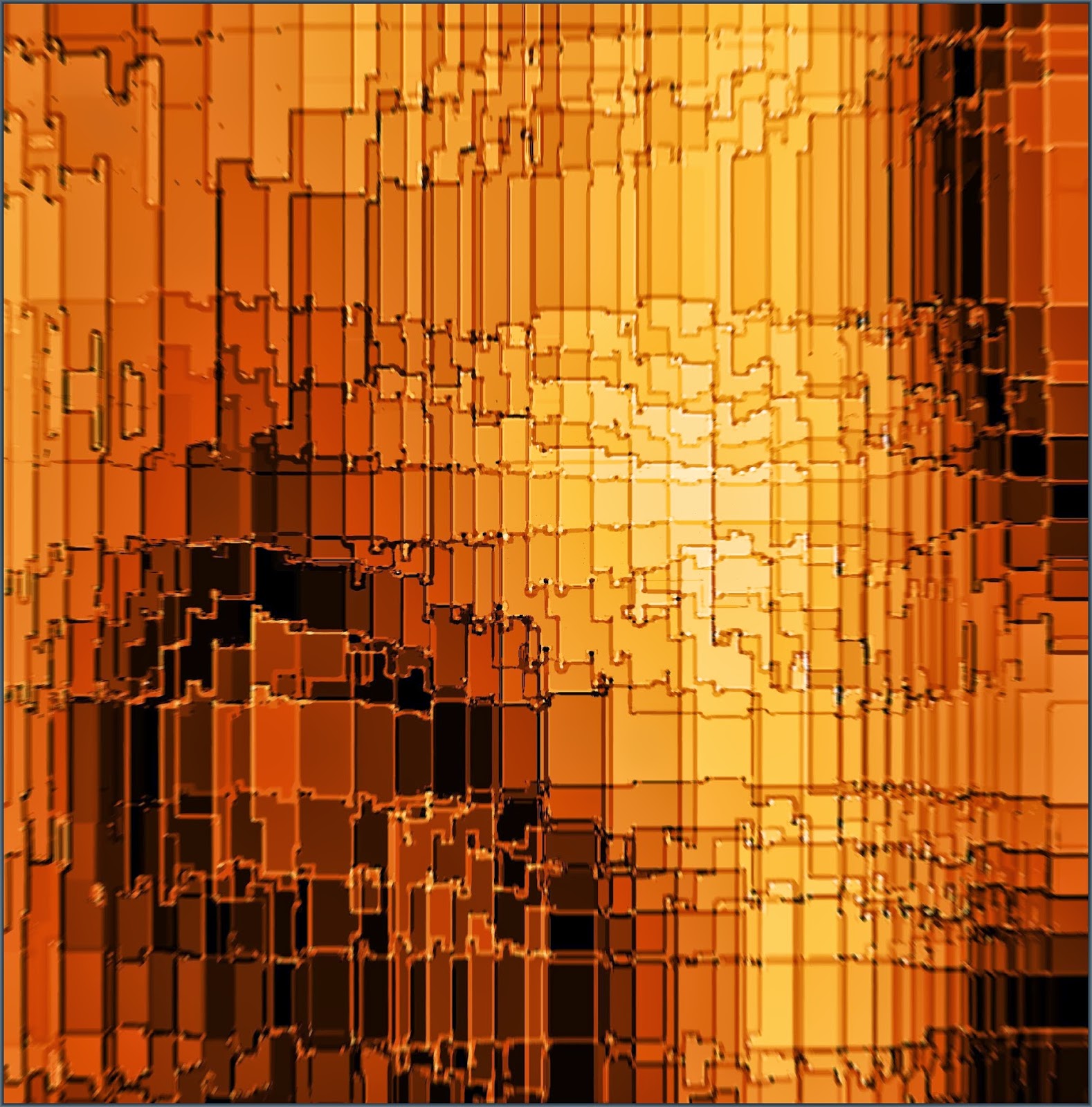"No amount of speculation can take the place of experience." - Charles Sanders Peirce (CP 1.653)
A man brought low by immense inner failings and what seems, as we look back, by the hand of destiny, took Episcopal communion at the age of 52 and was utterly changed. He had already said, from the well of his genius speculations, much of what became a body of work that rocks the world 100 years after his death, things that intellectually parsed with this experience. But he had never felt reality taking control of him. He had never experienced the frightening and redemptive hand of grace. He had never fallen to a speculation so outlandish that it is to millions a laughing stock in this time, The experience of the real does not come up much in the discussions of Peirce that I see. It is less secure territory than reflection on the nuances of one, two and three and what goes where. I note this statement of Peirce because, on its face, it is the pragmaticist maxim in a nutshell. Three times in my life I have felt and known this grip of the real. What is uncanny is that the third time it came following an enervating nonstop time in which I helped a young woman through her separation from a friend. It occurred during an Episcopal communion. Its palpable effects - a sense of freedom beyond anything I have known before or since - lasted through the summer. There was one difference worth noting. For Peirce this experience did not lead him into church life but rather into the knowledge that he would bear a cross outside the camp, as it were. So in 1892, after already enduring the humiliations resulting from his collisions with the university, with the government and with the culture of bourgeois censure, he received assurance that, even in this seemingly predestined exile, he would be given the strength to prevail. And like Nietzsche, prevail he did, as a posthumous author, powered by the actual reality of transubstantiation, the very reality which physics now contemplates as it considers the prospect that at some point there was nothing.

The Slow as Molasses Press








